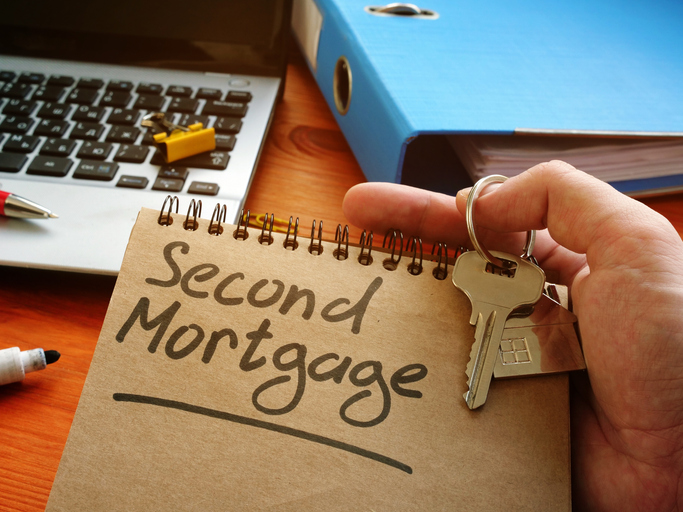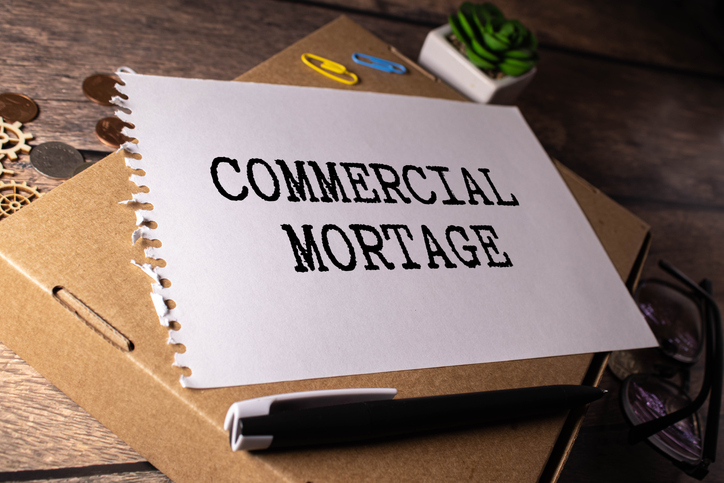 780-413-1684
780-413-1684
780-413-1684
780-413-1684

When you’re considering a second mortgage, one of the most important factors to understand is the equity requirement. How much equity you need to secure a second mortgage can vary based on a number of factors, including the type of property you're dealing with. Let’s explore how second mortgage equity requirements differ depending on whether the property is residential, rental, or commercial. Understanding these nuances will help you make more informed decisions, especially if you’re interested in expanding your real estate portfolio in Canada. If you’re ready to dive deeper into your second mortgage options, contact BMC Mortgage and Investments to get personalized advice today!
A second mortgage allows homeowners to borrow money against the equity they’ve built up in their property. Equity, in this case, refers to the difference between the current value of the home and any outstanding loans against it, such as the first mortgage.
When applying for a second mortgage, lenders require you to have a certain amount of equity already built into your property. This equity acts as security for the loan, ensuring that the lender is protected if you default. The specific second mortgage equity requirements can vary significantly depending on the type of property you own.

For a typical residential property, the equity requirements are generally straightforward. Most Canadian lenders look for a loan-to-value (LTV) ratio between 80% and 85%, meaning that you can borrow up to 80-85% of your home’s appraised value, minus what you still owe on your first mortgage.
For example, if your home is worth $500,000 and you owe $300,000 on your first mortgage, you may be able to borrow up to $100,000, depending on the lender and the equity you’ve built. Residential properties usually come with lower risks for lenders, which is why the second mortgage equity requirements are often more lenient.
However, keep in mind that lender policies may vary, and some may require more equity based on their own risk assessments or the specific area in which your property is located. Urban areas, where home values tend to be higher, may have different considerations compared to rural properties.
Rental properties come with a different set of rules when it comes to second mortgage equity requirements. The key reason for this is risk. Lenders see rental properties as a higher-risk investment compared to a primary residence. This is because rental income is not guaranteed, and maintaining a tenant can be unpredictable.
As a result, lenders typically ask for more equity in rental properties. The LTV ratio could be lower than what’s required for a primary residence—usually around 75% or less. Additionally, lenders may scrutinize your rental income more closely and might require proof that you’ve had consistent rental income over a period of time before they approve a second mortgage.
For instance, if you own a rental property worth $600,000 and owe $400,000 on the first mortgage, your available equity for a second mortgage could be more restricted than on a primary residence. In this case, the lender might only allow you to borrow up to $50,000, depending on their own guidelines.

Commercial properties, such as office buildings, warehouses, or retail spaces, come with the most stringent second mortgage equity requirements. This is because commercial real estate is considered the highest-risk category for lenders. Businesses operating out of commercial spaces can fail, making income from these properties less predictable.
Lenders generally require a much lower LTV ratio for second mortgages on commercial properties, often 65% or less. The more specialized the property, the lower the LTV could be. For example, if you own a commercial building worth $1,000,000 and still owe $700,000 on the first mortgage, you may only be able to borrow an additional $50,000 to $100,000 through a second mortgage, depending on the lender’s criteria.
In addition, lenders may also require extensive financial documentation, including business income statements, projected earnings, and other factors that can affect their risk assessment. The higher risks associated with commercial properties mean that lenders will be very careful when setting the second mortgage equity requirements.
Apart from property type, other factors can also affect second mortgage equity requirements. These include:


Second mortgage equity requirements are not one-size-fits-all. The type of property—whether residential, rental, or commercial—plays a significant role in determining how much equity you’ll need to qualify for a second mortgage. Residential properties tend to offer the most flexibility, while rental and commercial properties come with stricter conditions due to the higher risks involved. Understanding these differences can help you navigate the second mortgage process more confidently and ensure you’re prepared to meet lender expectations.
When considering a second mortgage, it’s essential to consult with a private mortgage lender to get a clear understanding of the second mortgage equity requirements specific to your property type and financial situation. To explore your options and get expert advice tailored to your needs, contact BMC Mortgage and Investments and start your journey towards securing a second mortgage today!
